Nigel Farage is facing mounting pressure to account for a long trail of interviews in which he promoted themes closely linked to antisemitic conspiracy theories. The scrutiny follows new allegations from former classmates who say the Reform UK leader used racist language as a teenager.
Farage’s past media appearances on US platforms have come under renewed examination. During interviews on American TV and fringe political podcasts, he repeatedly discussed supposed plots involving bankers and global elites seeking to control Western democracies. Targets of these claims included Goldman Sachs, the Bilderberg group and financier George Soros, all of which frequently feature in far-right conspiratorial narratives.
A significant portion of these appearances occurred on the online programmes of notorious US conspiracy theorists. Farage joined Alex Jones six times on his web TV show, broadcast by a host who was later ordered to pay hundreds of millions of dollars to families of the children murdered in the Sandy Hook school shooting after falsely claiming the tragedy was staged. In one 2018 interview, Farage asserted that unnamed “globalists” were attempting to provoke conflict with Russia as a pretext to erode national sovereignty.
Farage also appeared repeatedly on the show of Rick Wiles, a US pastor known for openly antisemitic rhetoric. Conversations included discussions about whether central bankers would soon be responsible for appointing political leaders in the UK and US — a notion Farage did not challenge.
Concerns about his willingness to engage with such narratives were raised as far back as 2019. Organisations including the Board of Deputies of British Jews and the Community Security Trust urged Farage to distance himself from the conspiracy theories he had echoed. Farage himself did not respond; the Brexit party, which he led at the time, dismissed the criticism as “manufactured”.
The renewed focus on his statements follows testimony from around twenty people who say they either witnessed or were targeted by abusive or racist behaviour by Farage while he was a student at Dulwich College in the late 1970s and early 1980s. Several former pupils allege he used racist slurs, made comments glorifying Nazism, and sang racist songs.
Farage and Reform UK have strongly denied all allegations about his behaviour at school, calling them entirely false and questioning the reliability of decades-old memories.
But MPs and campaigners say the claims heighten the need for Farage to address his later public remarks. Christine Jardine, Liberal Democrat MP and vice-chair of the all-party parliamentary group against antisemitism, said Farage’s ambitions for senior political roles require far greater accountability.
“It is simply not acceptable for someone seeking high office to ignore concerns about their past rhetoric,” she said. “He owes the public a clear statement rejecting antisemitism and acknowledging the harm caused by his words.”
Labour chair Anna Turley said Farage’s “ever-expanding list of troubling comments” revealed “the kind of unpatriotic, dark and divisive politics Reform would inflict on the country”.
Another Liberal Democrat MP, Josh Babarinde, described Farage’s record as “deeply unsettling”, arguing that it reflected a career built on “division and hate”.
Zack Polanski, co-leader of the Green party, said Farage must be judged not only on accusations about his youth but on the rhetoric he has chosen to amplify throughout his adult life.
“He has repeatedly legitimised far-right conspiracy theories and language associated with antisemitism,” Polanski said. “It is deplorable. But will he take responsibility for any of it? I doubt it.”
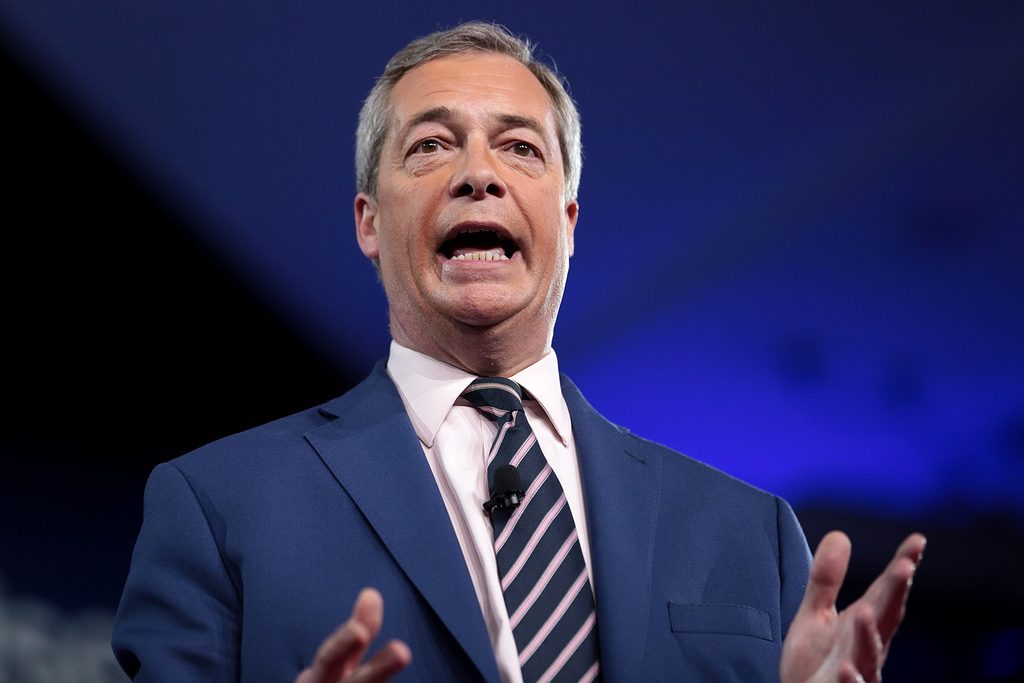
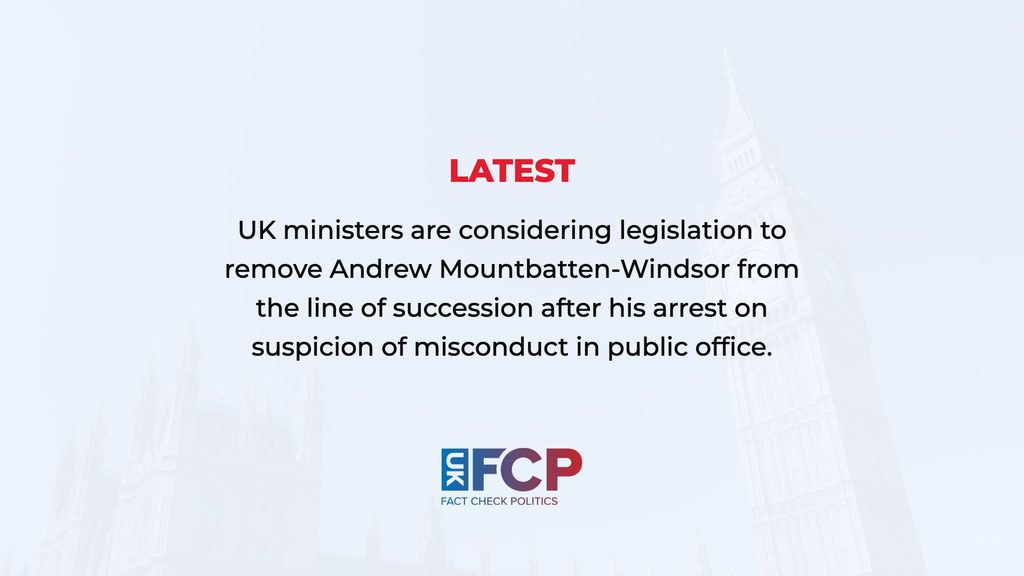
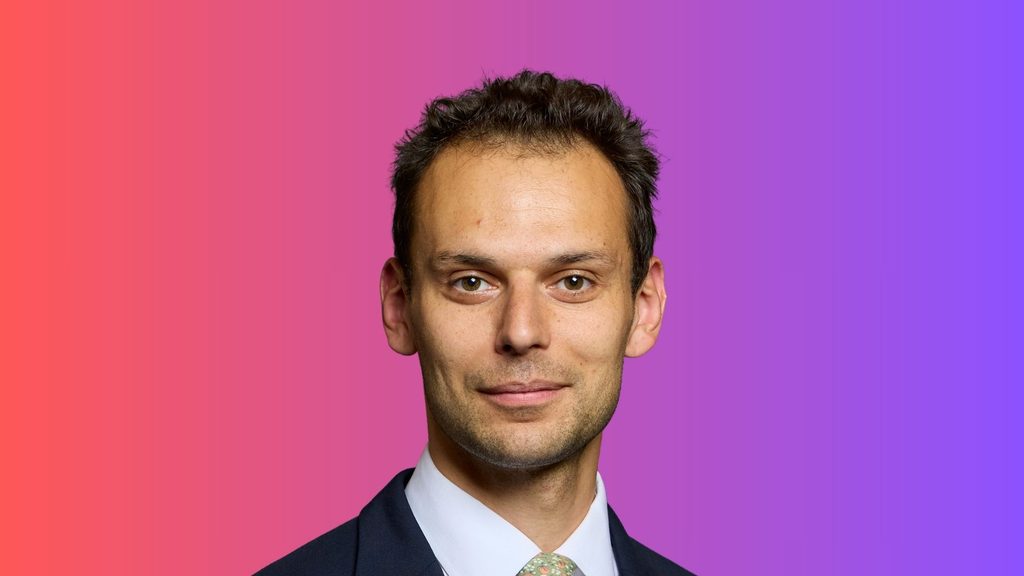
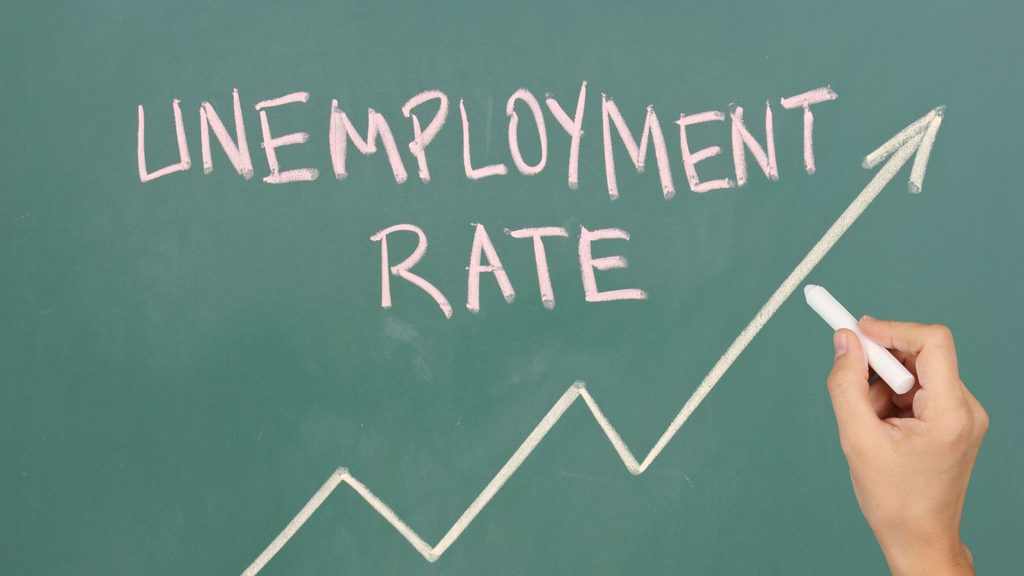

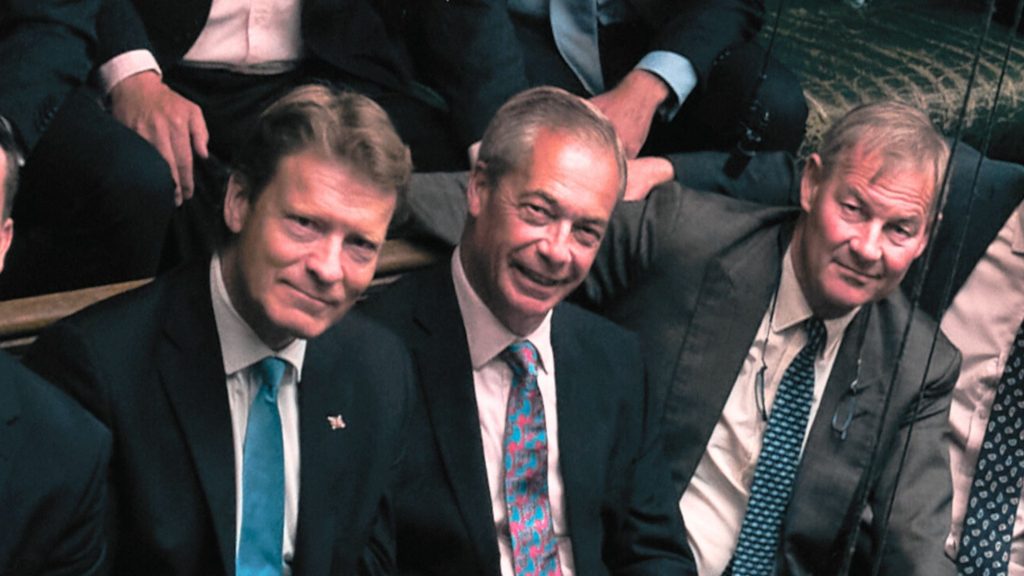

Comments
No comments yet. Be the first to comment!